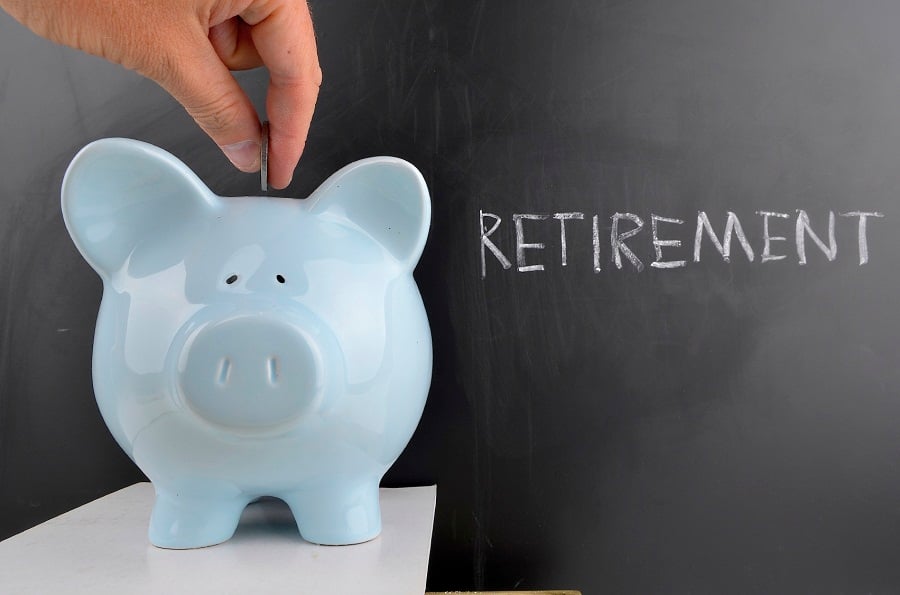Some think Americans' ability to retire rests on the health of the economy or on government policy. Wrong. It depends on whether or not parents spend less money and save more when their kids leave the house.
Children play a big role in the way academics — and financial planners and other advisers — assess how much money people need to retire. How big that role is, though, is up for debate.
A new study by the Center for Retirement Research at Boston College ran the numbers using two competing ways of measuring the impact. One result points to potential old-age Armageddon. The other? Retirement Arcadia, or close to it.
One method assumes that parents still spend the same amount when the kids leave, just more on the two of them. Using that projection, and others, the CRR's calculations suggest that 52% of U.S. households may not be able to maintain their standard of living in retirement.
(More: Investing for retirement just got a lot more complicated)
The reason it's so hard, the CRR notes, is that if households want to ensure they can spend the same amount at age 90 as they did at age 60, they have to save a ton, and people find it hard to save that much.
But there's another way empty-nesters' spending might change. This alternative approach assumes, among other things, that prudent parents save a lot more when kids move out and household expenses go down, and that they'll spend less in old age. If parents save a lot with the kids gone and spend less as they approach their 80s, it improves the retirement forecast considerably.
Looking at it this way, the 52% of households that the CRR sees at risk shrinks to about 17%.
For all the research on retirement finances, academics don't really know which of these models is accurate or whether there's a third (or a fourth) option that's better yet. Actually, as Anthony Webb, senior research economist at CRR, puts it, "People know, but they know different things. The people on each side of the discussion are very sure that their position is correct."
Together with a research economist at the Social Security Administration, Mr. Webb is working on a new paper that will analyze the 401(k) amounts included on W-2 tax forms. That will show what happens to a parent's 401(k) contribution rate when the kids leave.
“We haven't finished the project yet, but I know damn well what the answer is,” says Mr. Webb, who is firmly in the parents-living-large-when-the-kids-are-gone camp.







